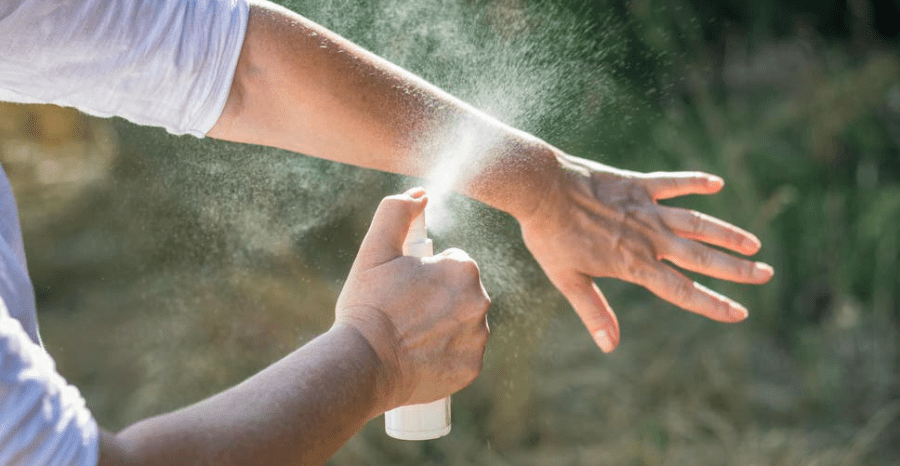World News
Chemical in insect repellent can kill COVID-19, UK study

WHAT YOU NEED TO KNOW:
- Citriodiol, a chemical compound found in insect repellent spray, has shown to kill the coronavirus, scientists claim.
- The UK’s Defense Science and Technology Laboratory (DSTL) conducted research as directed by the Surgeon General, the most senior medical officer in the British Army.
- Findings have not been published yet to provide proof.
British scientists have found that an active ingredient in Mosi-guard insect repellent spray can destroy COVID-19, according to a report.
Researchers at the UK’s Defense Science and Technology Laboratory revealed that Citriodiol can help fight coronavirus in a government-run study, Sky News first reported.
Early findings claimed Mosi-guard’s natural spray started to attack the coronavirus in just one minute, according to the Daily Mail Online.
However, insect repellents containing Citriodiol are not considered to be enough to protect people from the coronavirus. Researchers believe but it can be used in addition to face-mask wearing, hand washing, and other coronavirus guidelines, according to the report.
Citriodiol, a chemical compound approved by the US Environmental Protection Agency — is derived from the leaves and twigs of the eucalyptus citriodora tree.
Citrefine’s managing director, Jacqueline Watson, said she was optimistic that citriodiol could help stop the spread of the COVID-19. Citrefine International Limited is a British company that produces the naturally sourced active ingredient.
“What we can say is that we do feel there is a very good chance it could work against this virus but it does of course need to be thoroughly tested,” Watson said.
Daily Mail also reported that experts warned that it is still early for any conclusion or recommendation as the chemical has not been proven to prevent people from catching the coronavirus.
The DSTL — a branch of the Ministry of Defense — was ordered to do the research by the Surgeon General, the most senior medical officer in the British Army.
A Ministry of Defense spokesperson told MailOnline at the time: ‘Citriodiol is known to have anti-viral properties and has been used as a barrier against the SARS 1 virus. Further work is required to determine its full effectiveness, acquisition and distribution.’
But some politicians have expressed concern at the trials. Among their main concerns are why, with such little evidence, are resources being diverted to this endeavor.
Stewart McDonald of the Scottish National Party asked to see the evidence that informed the Ministry of Defense’s decision.
The letter states: ‘If this is based on science, it is vital that the evidence is made public and all frontline workers are given the same advice.
‘If there is no evidence that it will be effective, then the MoD must explain why this product is being issued, creating a false sense of security and putting lives at risk.
‘Clarity on this matter is of the greatest urgency.’
Source: Daily Mail Online
